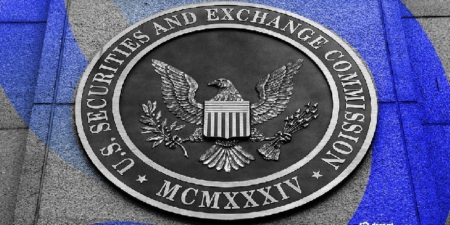- Singapore mandates all unlicensed crypto firms to stop serving overseas clients by June 30, 2025, with no transitional period allowed.
- Companies must meet strict DTSP licensing standards, including local leadership and compliance, to continue operating legally in Singapore.
Singapore no longer gives room for local crypto companies that do not have official permits. The Monetary Authority of Singapore (MAS) has stated that starting June 30, 2025, all local crypto entities without a Digital Token Service Provider (DTSP) license must stop providing services to overseas clients. There is no transition period. No exceptions. For those who remain stubborn, sanctions await.
Strict Rules Await Crypto Firms Serving Overseas From Singapore
This regulation targets companies that operate from Singapore but serve overseas users, without legality recognized by the authorities. MAS said it would only grant DTSP licenses under limited conditions, considering the potential risks of money laundering and terrorism financing from cross-border business models that are not strictly supervised.
For companies that want to continue operating legally, they must meet a number of criteria, ranging from a minimum capital of SG$250,000 to a strong compliance structure. Oh yes, it is also mandatory to have an executive director who lives in Singapore.
A Tight Grip Doesn’t Mean the Industry Is Losing Steam
However, MAS’s tough move does not signal a retreat in support of the digital asset industry. In March, XRP adoption that the Singapore Exchange (SGX) will launch a Bitcoin perpetual futures product in the second half of 2025. The target? Institutional investors. With over 1,600 blockchain patents filed and 81 active crypto exchanges, Singapore is already a global innovation hub in the sector.
Furthermore, data from LegalBison on May 29 revealed that Singapore leads the world in the number of crypto jobs per capita. With 68.68 positions in the sector per million residents, Singapore is far ahead of countries like Luxembourg, which only recorded 37.82.
Its human resources are also growing with over 700 Web3 companies headquartered in the island nation. It’s safe to say that despite its tight ecosystem, it remains a favorite of many digital talents.
Not only that, a survey by Independent Reserve on May 24 recorded an increase in XRP adoption in Singapore from 14% to 17%. Ripple’s stablecoin RLUSD has even reached a market capitalization of $310 million. Another interesting fact, 94% of respondents in this country are familiar with at least one cryptocurrency.
Amidst this development, foreign companies are also eyeing Singapore as a base for expansion. For example, FalconX, a crypto broker from the United States, announced a strategic partnership with major bank Standard Chartered on May 14.
This collaboration combines the strength of FalconX’s institutional services with Standard Chartered’s banking and foreign exchange systems. Interestingly, this project started in Singapore before being brought to Asia, the Middle East, and America.
Read the full article here









